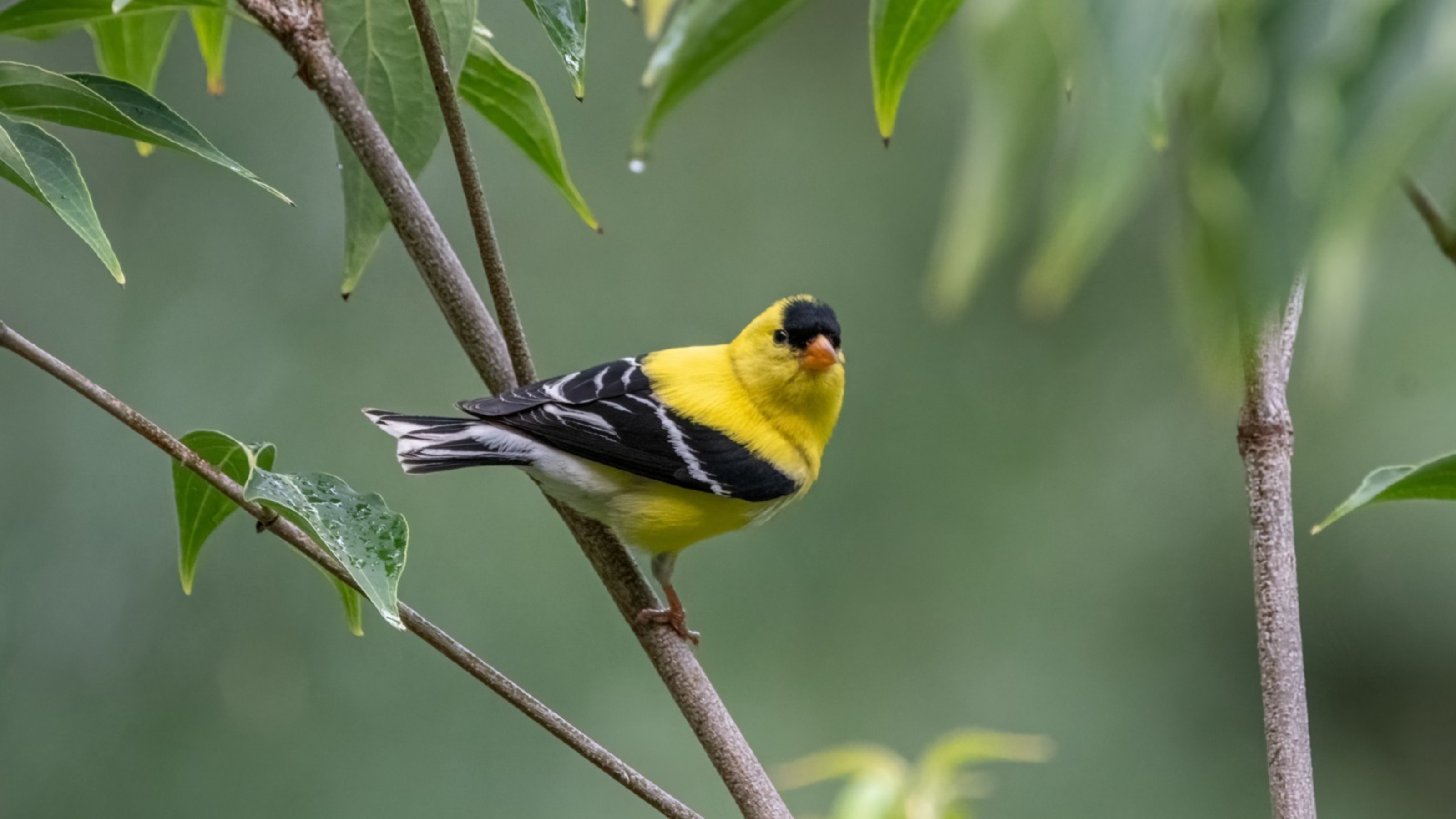A Better Way to Run the World?

The world’s largest Massive Multi-Player Game isn’t World of Warcraft, The Sims, or Happy Farm. In fact, it’s not even online. It is the most ancient of arts: diplomacy. Diplomacy, as the saying goes, is the second oldest profession, and in the age of technology it has made a massive comeback.
The recent Wikileaks saga led many people to declare the “end of diplomacy.” But diplomacy long predates the nation-state and the Internet, and will long outlast them. So long as there are human (or other) communities that interact, negotiate or otherwise engage in dialogue with each other, there will be diplomacy.
The technological age has massively magnified the number of players in the diplomatic game, leading to the emergence of a new mega-diplomacy that involves not only governments, but also companies, NGOs, scientists, religious leaders, mayors, philanthropists, activists, hackers, terrorists, mercenaries, universities and countless others. Everyone has their own foreign policy. Everyone is a diplomat.
For a world that faces a perfect storm of crises–from financial instability to climate change to failed states — mega-diplomacy represents a new way to harness the resources of the dot.gov, dot.com, dot.org, dot.net, dot.edu and other sectors to tackle myriad global challenges.
This is the argument of a new book by one of us (Parag) that has just been published by Random House this week: How to Run the World: Charting a Course to the Next Renaissance. Order your copy today and learn how to be a 21st century diplomat!
Ayesha and Parag Khanna explore human-technology co-evolution and its implications for society, business and politics at The Hybrid Reality Institute.





